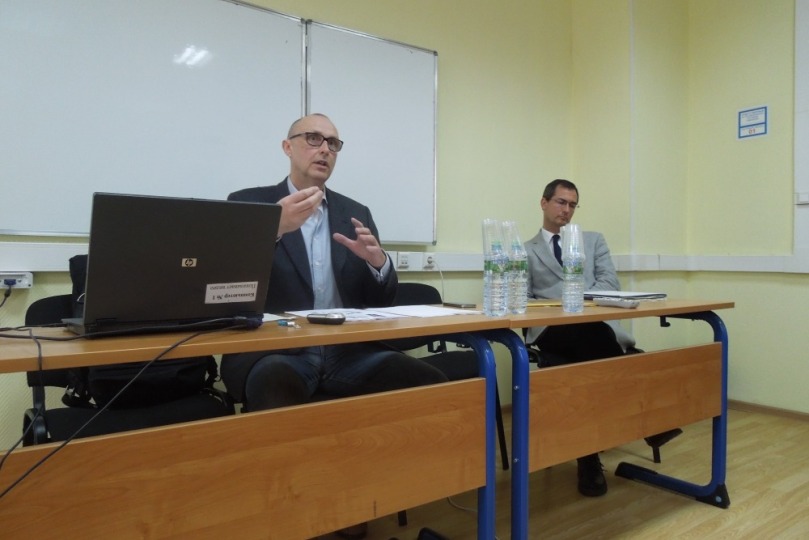Tag "ideas & experience"
The paper introduces a metaphor 'digital porosity' aiming to grasp the nonuniformity, limitations and gaps of digital connectivity (technological, material, spatial, social, etc.) in urban spaces. Being used as a research guidance, the metaphor raises the questions what digital porosity is? how is it produced? how is it changing? Based on the research of internet connectedness and practices of Internet use in the subways of Moscow and St. Petersburg, the paper states that the extension of the Internet zone and the inclusion of new urban spaces do not automatically increase the connectivity of the city, since the latter depends not only on the availability or the quality of internet communication, but also on the intentions and skills of the internet users and their ideas about the comfort and the possibility of internet connection, the role of the subway ride in the broader planning horizons.

